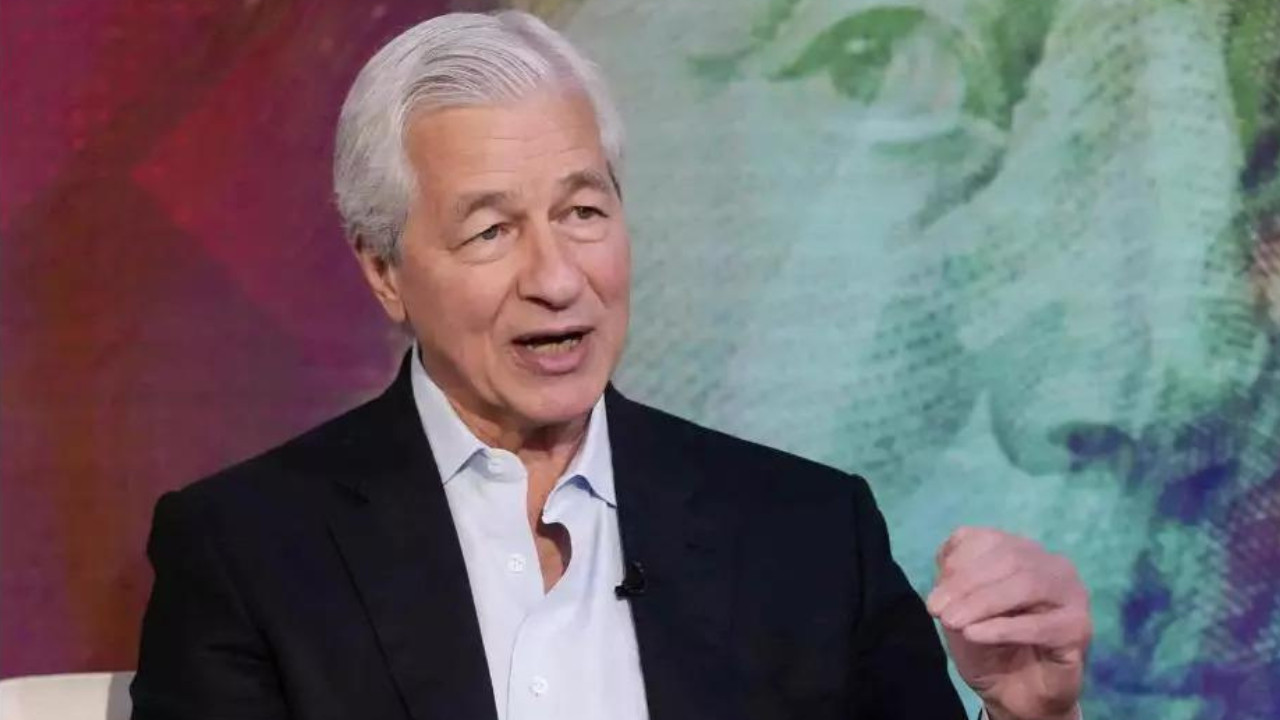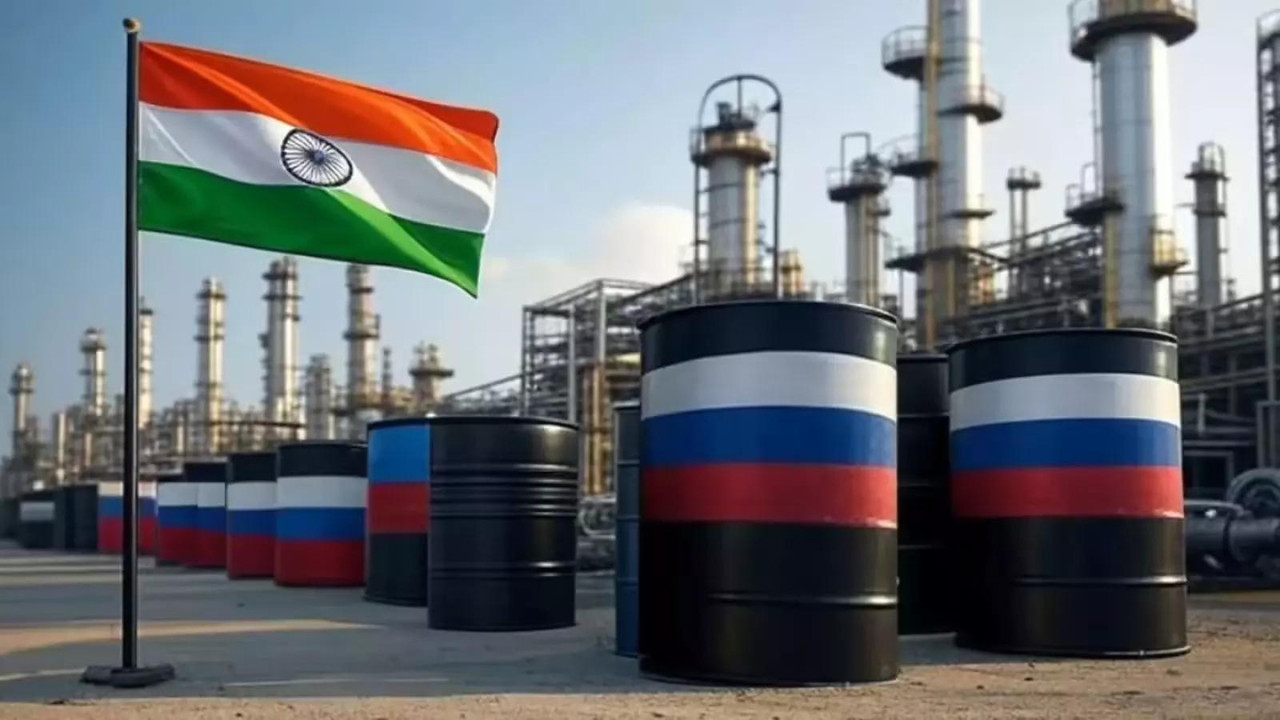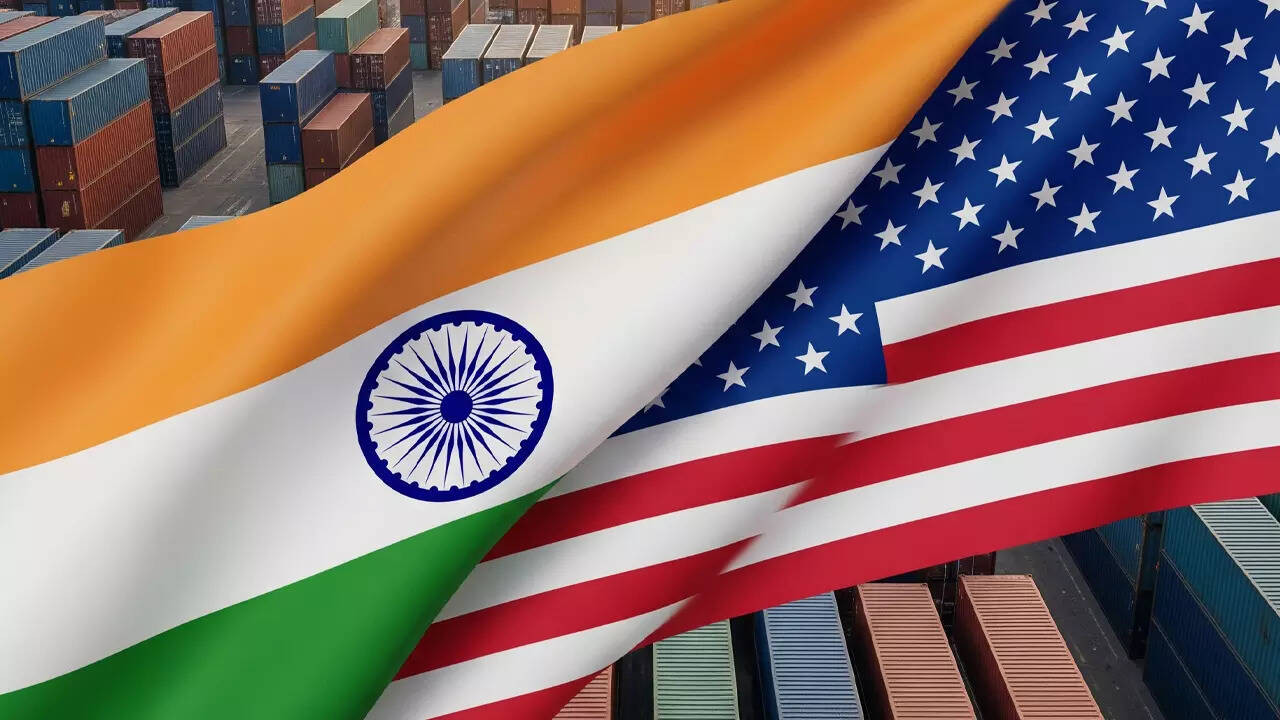Navigating the New World Order: Jamie Dimon on Russia, Trade, and the Shifting Sands of Global Finance
The global economic landscape feels less like solid ground and more like shifting sands these days, doesn’t it? From supply chain snarls to geopolitical tensions, the only constant seems to be change. Recently, Jamie Dimon, CEO of JPMorgan Chase, weighed in on some of the most pressing issues facing the global economy, and his assessment, while sobering, offered a glimpse into how a major financial institution is thinking about navigating these turbulent times.
Dimon didn’t mince words when discussing Russia’s actions in Ukraine. He unequivocally stated that Russia is “doing bad things” and emphasized the need to stop them, a sentiment likely shared by many. But what does this mean for the world of trade and finance? Dimon anticipates that the ongoing conflict and the resulting sanctions will continue to exert pressure on global trade.
The Ripple Effect on Global Trade
The interconnectedness of the modern economy means that events in one region inevitably have repercussions elsewhere. The war in Ukraine has disrupted supply chains, particularly in energy and food, leading to price volatility and inflationary pressures worldwide. Sanctions imposed on Russia, while intended to cripple its ability to wage war, also have a boomerang effect, impacting businesses and consumers across the globe.
Dimon’s comments highlight the delicate balancing act that businesses and governments face. On one hand, there’s a moral imperative to condemn and counter aggression. On the other, there’s the pragmatic reality of managing the economic fallout. Finding that equilibrium is proving to be a major challenge. This disruption further complicates the already existing trade issues with China.
Geopolitical Risk and Long-Term Strategies
Beyond the immediate crisis in Ukraine, Dimon touched on broader geopolitical risks and their implications for long-term business strategies. Companies are increasingly having to factor in political instability, trade wars, and regulatory changes when making investment decisions. This requires a more nuanced and agile approach to risk management.
Are businesses prepared to decouple certain operations? Can they diversify their supply chains to reduce reliance on single sources? These are the kinds of questions that boardrooms around the world are grappling with. The answers will shape the future of global trade and investment flows.

Investing in the Future: A Call for Strategic Thinking
So, what’s the takeaway? While the short-term outlook remains uncertain, Dimon’s perspective underscores the importance of long-term strategic thinking. Businesses need to be resilient, adaptable, and prepared to navigate a world characterized by volatility and complexity. That means investing in technology, developing diverse supply chains, and fostering strong relationships with stakeholders across the globe.
It also requires a level of collaboration between the public and private sectors. Governments need to create a stable and predictable regulatory environment that encourages investment and innovation. Businesses, in turn, need to operate responsibly and ethically, contributing to the long-term well-being of society. Consider the impact that sustainable investing is having on the current market as well as the future.
The challenges are significant, but so are the opportunities. By embracing a proactive and strategic approach, businesses can not only weather the current storm but also position themselves for success in the years to come. This new global reality demands agility and foresight. The companies that thrive will be those that can anticipate change, adapt quickly, and build resilience into their operations. The need for astute leadership and strategic planning has never been greater.
In conclusion, Dimon’s remarks serve as a powerful reminder that the global economy is facing a period of profound transformation. While the challenges are significant, they also present an opportunity for businesses to innovate, adapt, and build a more resilient and sustainable future. By embracing strategic thinking and fostering collaboration, we can navigate these turbulent times and create a more prosperous and equitable world for all.







